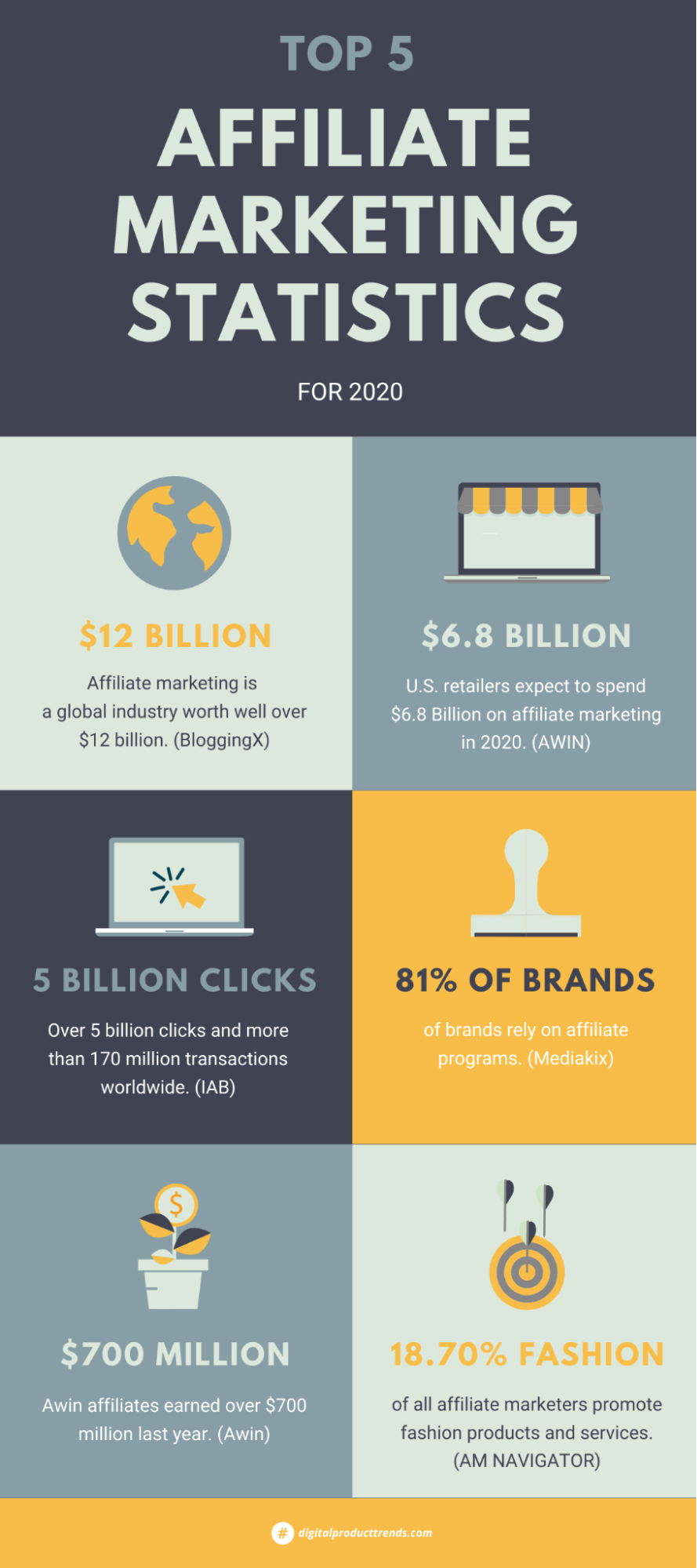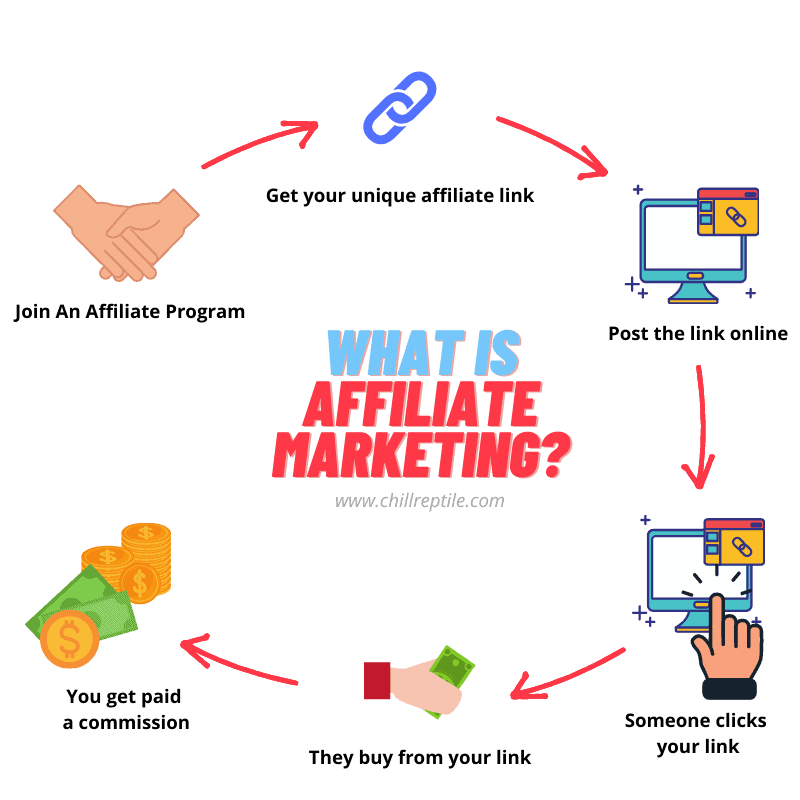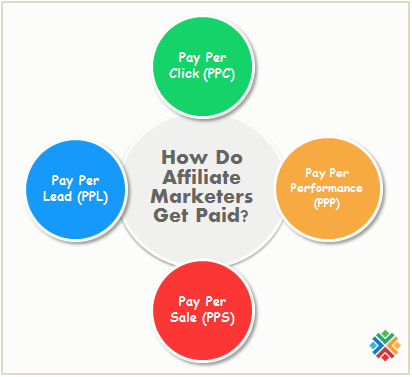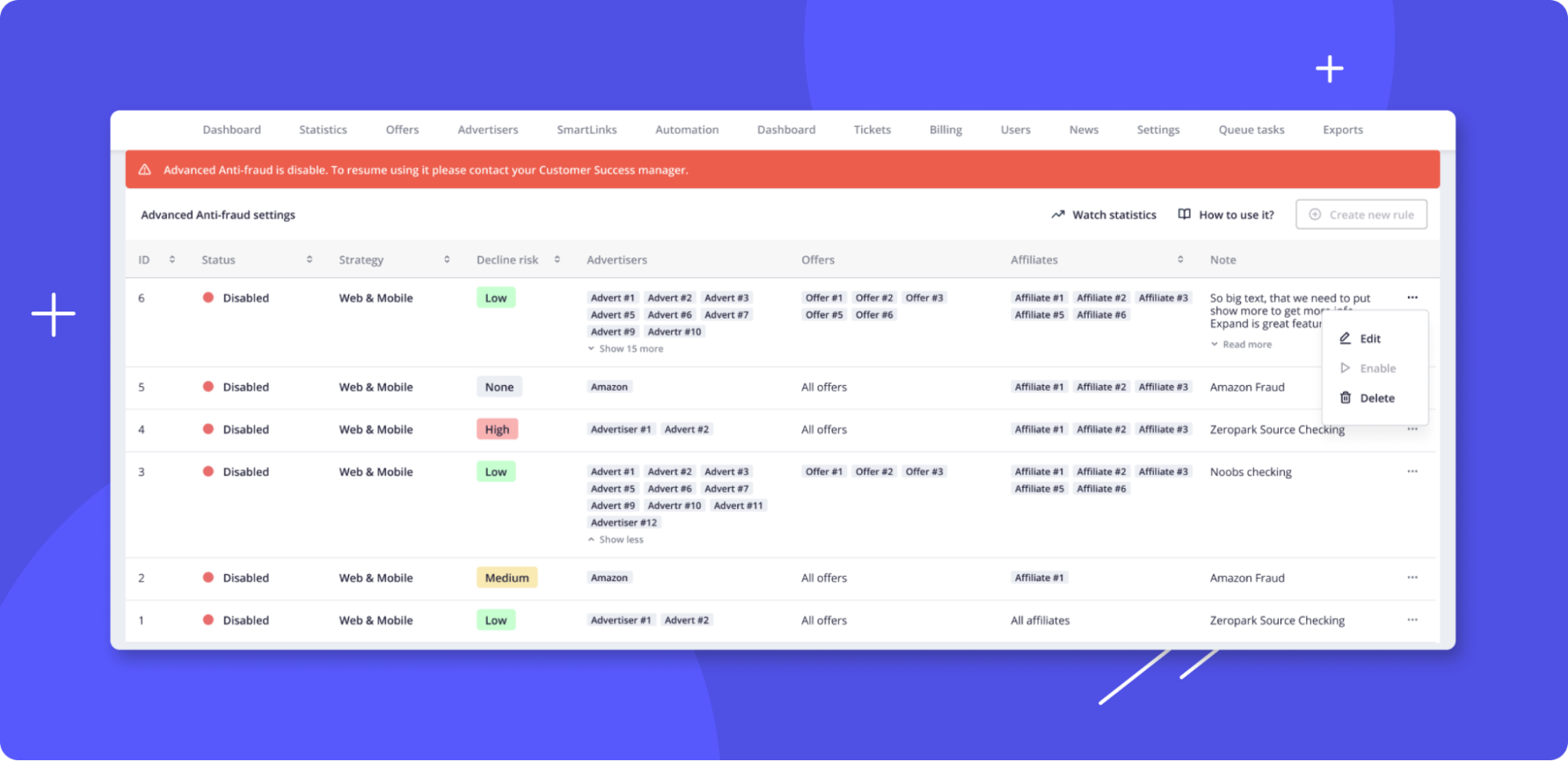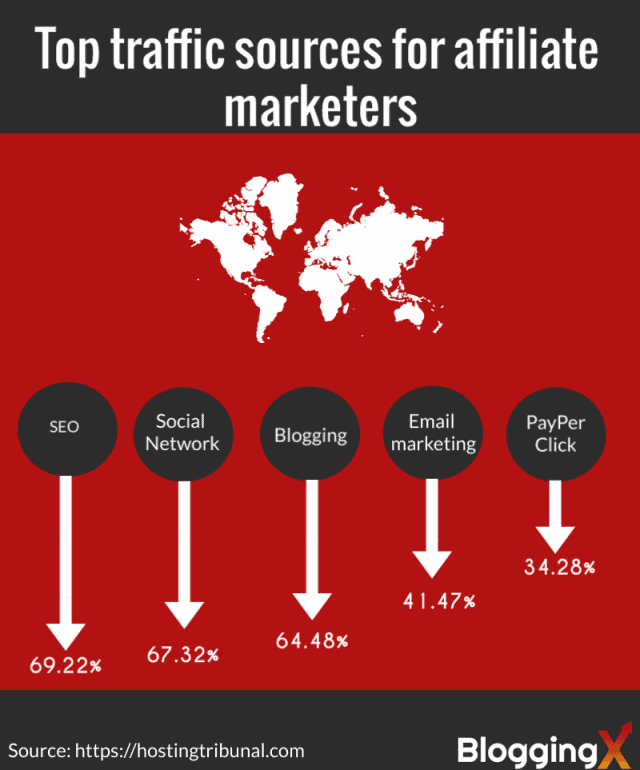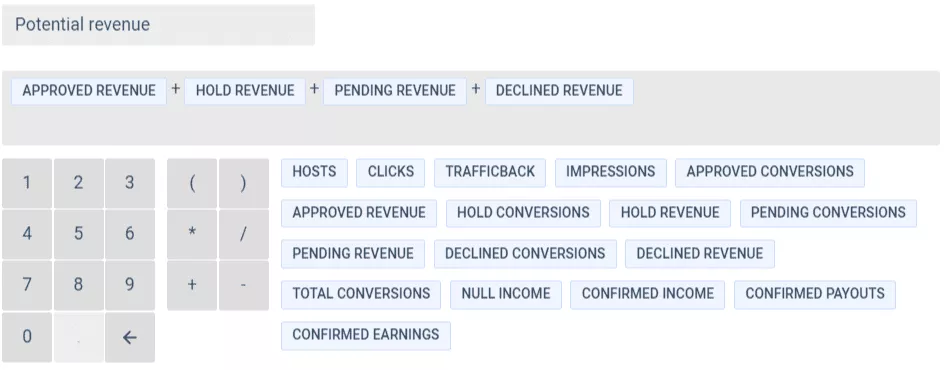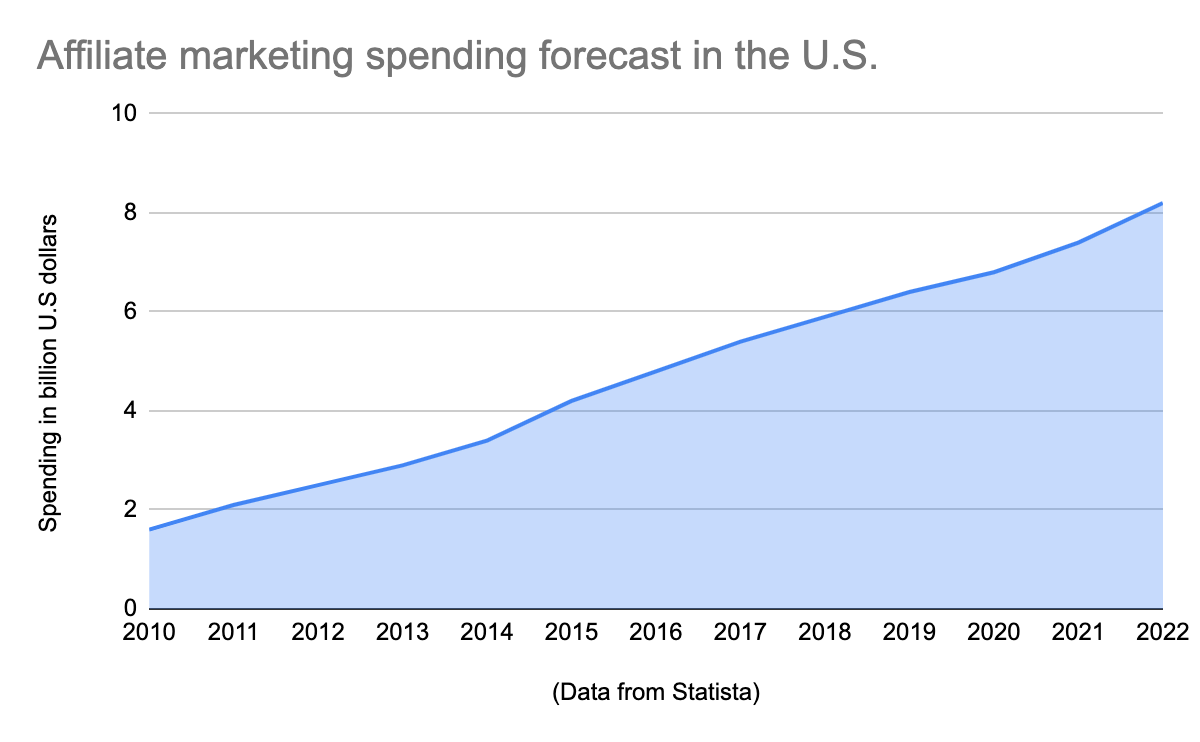How to be an effective affiliate marketer
If you’re ready to make those first steps towards becoming an affiliate marketer then listen up. There’s a knack to doing performance marketing successfully.
Before you get started, it’s important to give yourself the best chance. The following strategies will help you establish a viable venture and get your affiliate marketing journey off to the most successful start possible.
Choose a worthwhile niche
First thing’s first, remember that the best affiliate marketers work within a carefully curated niche. When you know what your audience wants, it’s much easier to curate content that they will engage with. This will also help you narrow down your choice of products to promote. It’s important that you and your partner seller are operating within a similar topic or industry niche.
If you’ve already got an established platform online, make sure that you work with sellers whose products and services are a match with your topic niche. For example, if you make YouTube videos about health and beauty then you’re going to want to partner up with brands in that space.
If, on the other hand, you’re starting from scratch, it’s time to identify and nurture your niche. This will make you more attractive to affiliate programmes like Amazon affiliate and Amazon associates.
Know your target market
Once you’ve identified your niche, it’s time to home in on your specific target market. In other words, it’s time to identify who is engaging with your topic or industry niche online. Affiliate marketing isn’t a one-size-fit-all kind of venture. Successful marketers focus on a particular speciality and nurture a pool of loyal and engaged followers.
For example, an affiliate marketer might home in on health and wellbeing, dating, finance, cooking, or real estate. By creating targeted and engaged communities, partner marketers become significantly more appealing to brands. After all, sellers want to know that their products are reaching audience members who will convert and become their customers.
Create an innovative & productive environment
Once you’ve established your target market you’ll need to find a way to stand out from the crowd. Lots of people with an online presence are turning to affiliate marketing, so it’s important to find ways to make your platform more appealing to potential publishing partners.
The best way to do this is to get creative with your advertising efforts. Aim to incorporate affiliate links into a wide range of different formats from blog posts to video content, podcasts to social media posts.
Find an affiliate partner
Once you’ve curated a platform that appeals both to your target audience and potential brands, it’s time to venture out and find yourself an affiliate partner (or partners) to work with. To optimize your revenues, you’ll want to try and work with high-quality, high-ticket platforms.
For beginners just starting out, trying to find your first affiliate partner can feel overwhelming. Instead of traipsing the internet in search of a match, Affise Reach is an online community of agencies, affiliate networks, brands, and publishers ready to partner up.
Here publishers and brands can tap into a ready made network of potential matches and form lasting affiliate partnerships. Using a platform like Affise offers a faster way to foster relationships along with increased visibility.
Decide on competitive rates
When looking for an affiliate partner, look for an affiliate program offering competitive commission rates. Consider whether you want to earn commission per click, per lead, or as a percentage of each sale. There’s no right or wrong answer here.
Try to select payment rates that are viable and appropriate for the items you’ll be marketing across your channels. Consider what format will work best for your target audience. Then, ask yourself what you’re trying to achieve. For example, are you trying to close sales, generate leads, or just raise awareness?
Select the right affiliate program
Finally, consider what type of affiliate program is right for you. There are so many different options out there. The best way to approach this challenge is to focus on finding an affiliate program that aligns with your niche, expertise, and target audience.
Commission is important, but your affiliate marketing venture won’t be a success without these foundational criteria met. Competition is seriously high in the affiliate marketing world, so the more targeted your partnerships the better. This will allow you to make valuable, specialized content that you and your audiences love and engage with.
Affise works with influencers and publishers to make monetizing content simple. The Affise partnership platform allows affiliate marketers to tap into a ready-made network of thousands of brands, networks, and agencies, worldwide.
With Affise, you’ll be able to join some of the world’s most successful partner programs across a wide range of industries including ecommerce, gaming, dating, and much, much more. You’ll be able to connect with brands directly and have the autonomy to pitch and negotiate the terms and conditions that work for you within a supportive network.
Picking the right affiliate marketing platform is crucial for success. A good partnership software comes with advanced tracking, attribution, and analytics tools. It will help you collect all your data in one place and visualize it. That way you can quickly see how your efforts are panning out and you can make necessary adjustments.
For example, after a month of driving traffic to your website, you notice that users who come from Organic Search convert the best. Then it might be worthwhile to invest more into your SEO optimization and producing more valuable content for your audience.











